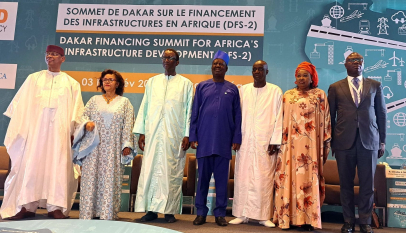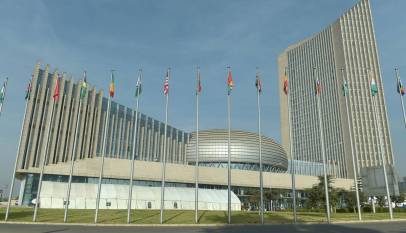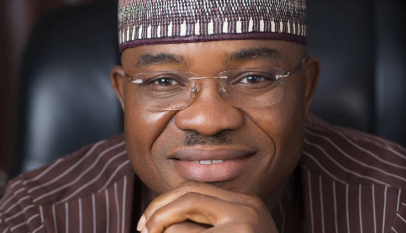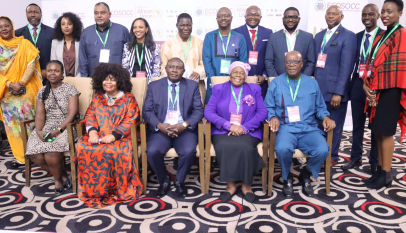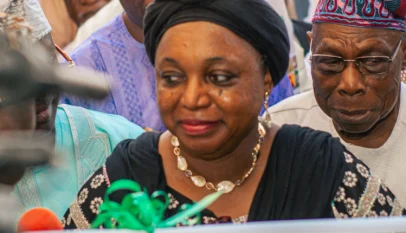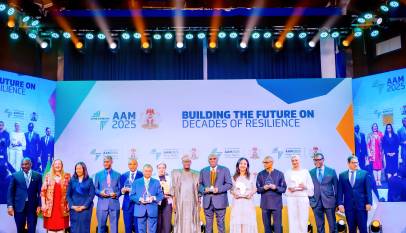INTERVIEW | Poor infrastructure hindering Africa’s industrialization – Mansur Ahmed
Mansur Ahmed, the interim president of the newly formed Pan African Manufacturers Association (PAMA), the umbrella body of manufacturers in Africa, spoke on the sidelines of the 2019 Africa Industrialization Week (AIW), held November in Addis Abba, Ethiopia
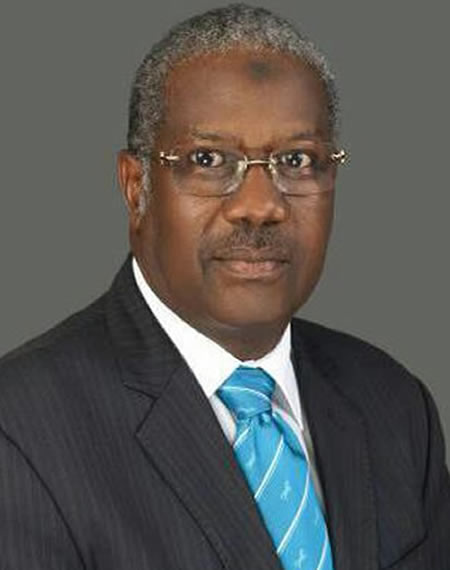
The Pan African Manufacturers Association (PAMA) has just been launched at the 2019 Africa Industrialization Week (AIW); how did PAMA came about?
The idea of forming the Pan African Manufacturers Association (PAMA) was first conceived about one year ago, at the inaugural Intra-African Trade Fair (IATF), in Cairo, Egypt. The trade fair was jointly hosted by the African Export-Import Bank (Afreximbank) and the African Union Commission (AUC). There were lots of discussions aimed at identifying ways of realizing the objectives of the African Continental Free Trade Agreement (AfCFTA) at IATF.
In the course of the discussions, it was agreed that the success of the AfCFTA will depend, to a large extent, on the level of Africa`s manufacturing production capacity. Moreover, if you look at the totality of African trade, only 16% of it is between African nations, hence the AfCFTA aims to, amongst others, improve the capacity of African countries to trade with each other and thus create a continental market that will attract bigger foreign investors. For this to happen, the African manufacturing sector must be able to produce what is going to be traded in the market.
Hence, the African manufacturing sector has a critical role to play in the AfCFTA, this means African manufacturers must be engaged in the process of the implementation of the AfCFTA; they must not only be seen as the recipients of policies, rather as partners in developing and shaping of policies at national, regional, and continental levels. Therefore, we realized a need for a body that will represent and speak for all manufacturers in Africa as well as engage with the African Union; the AfCFTA secretariat; and other continental institutions towards driving an integrated African manufacturing market. We consequently agreed upon the establishment of the Pan African Manufacturers Association (PAMA).
How has PAMA’s journey been so far?
It has been a big challenge, but we have made a significant progress. We have been working to develop a working relationship with the AU; a continental organization like the PAMA will make it easier for the AU Commission as well as other promoters of the AfCFTA to engage manufacturers. We have been able to build a close relationship with the AU; the AU`s Commissioner for Trade and Industry, Ambassador Albert Muchanga, has been extremely supportive and is instrumental in the establishment of PAMA.
Now, our main objective is to bring all African manufacturers together; this is still a work in progress. We have already started contacting manufacturers associations across Africa. We have also brought the establishment of PAMA to the knowledge and attention of all manufacturing stakeholders and industries on the continent including the Dangote Group as well as financial institutions such as the African Development Bank (AfDB). These efforts will continue to grow and it is our hope that within the next ten months, we will begin to consolidate on the gains we have made thus far.
We have been talking about Africa`s industrialization and development for too long. What do you think African countries must do to go beyond the rhetoric?
First and foremost, every African country must plan on how they want to develop their economy in the next 10 to 20 years. Moreover, it is crystal clear that we cannot rely on foreign investors to develop the economy so we must create a conducive and enabling environment for local businesses to thrive and also encourage Africans to invest in their own economy and grow it.
Secondly, key constraints such as lack of infrastructure – transportation and logistics – must be addressed for African economies to grow because if you don’t have an effective ecosystem for businesses to thrive you cannot be competitive in trade. Industrial parks and hubs maybe the starting point for many African countries just like Ethiopia is creating industrial parks that bring together small scale industries and provide them with infrastructure, an enabling environment as well as access to market for their goods and services.
Some are of the opinion that African governments are solely interested in taxing manufacturing industries but the more a manufacturer is taxed, the more you reduce the amount of money available to expand the business. Consequently, the number of employees as well as production of goods and services may not be increased. We must ensure that taxation is minimal. Policies and regulations must not be too harsh for businesses to operate; rather regulations should be seen as a way of assisting businesses to grow.
You said constraints such as lack of infrastructure must be addressed for African economies to grow. How important is infrastructure in driving modern industrialization?
Modern industry is almost totally infrastructure dependent. From the availability of power and energy to transport and logistics, the role of infrastructure cannot be overemphasized in trade and economic development on the continent. Transportation alone is vital to enhancing competitiveness in trade. For instance, due to poor infrastructure, it will cost a business owner in Nigeria more money to transport goods from Lagos to Kano than it will cost a Chinese business owner to transport the same goods from China to Lagos. How can the Nigerian manufacturer compete with the Chinese manufacturer?
So, we cannot achieve competitiveness without the provision of infrastructure such as good roads and electricity in Africa, not only within African countries but also across the borders. There is also soft infrastructure – like visa, tariffs, and foreign exchange – that will help ease up the process of carrying out business transactions between countries. We must address all these issues since the AfCFTA is not just about trade in goods but also trade in services.


